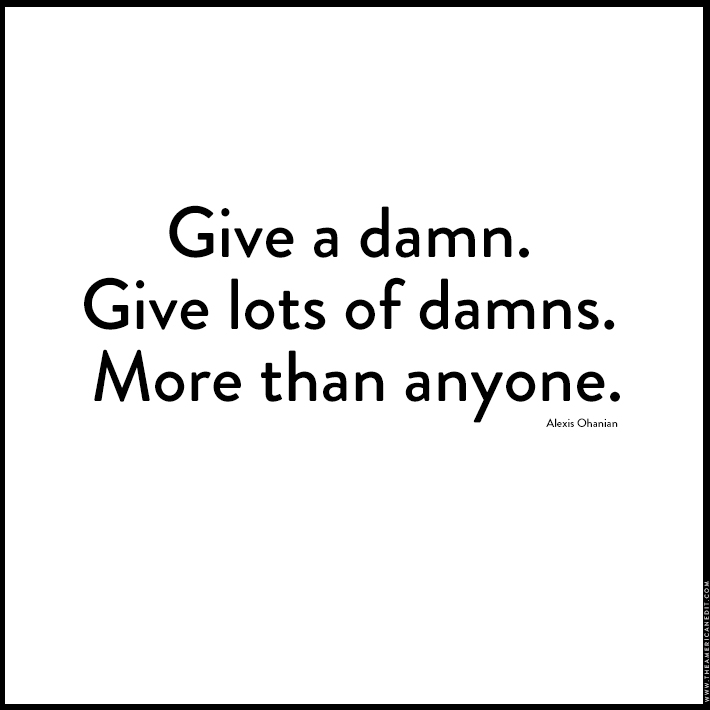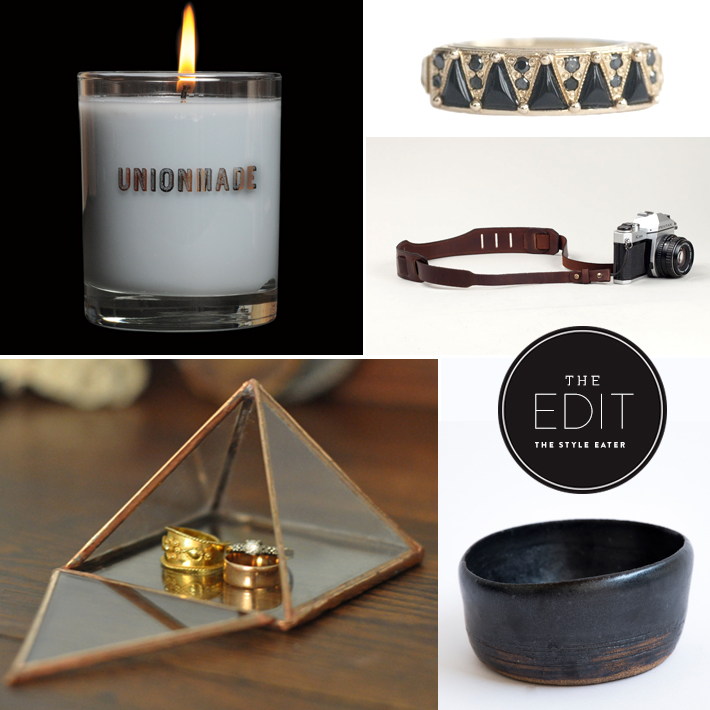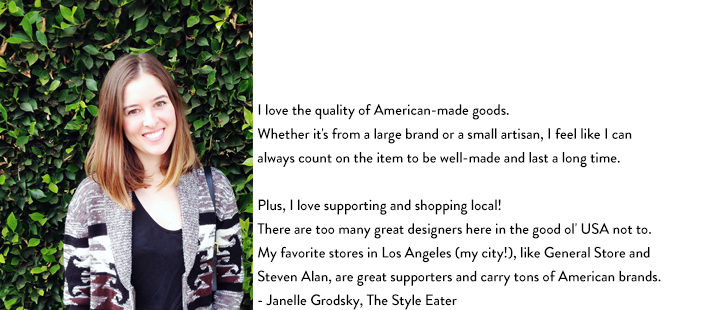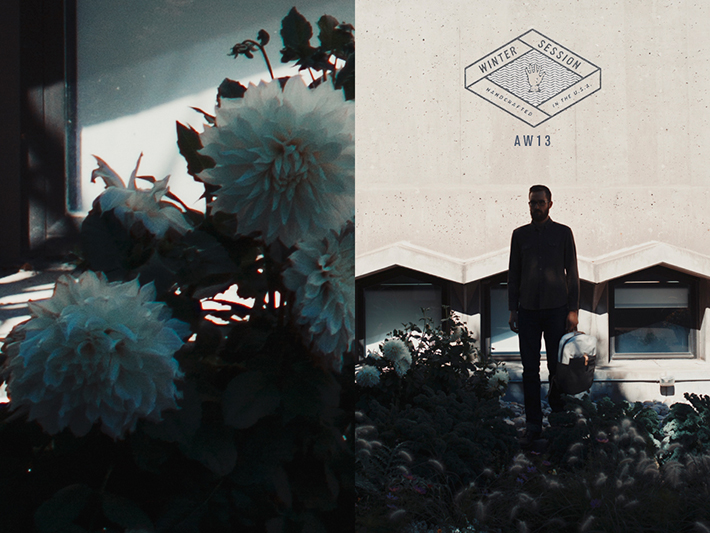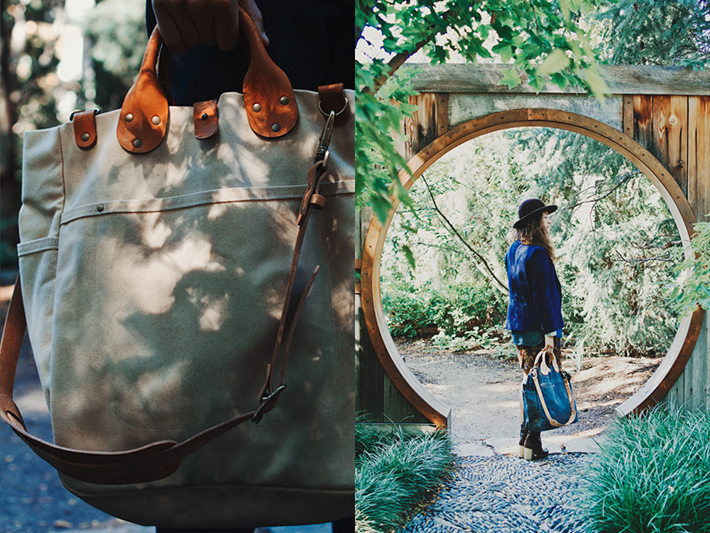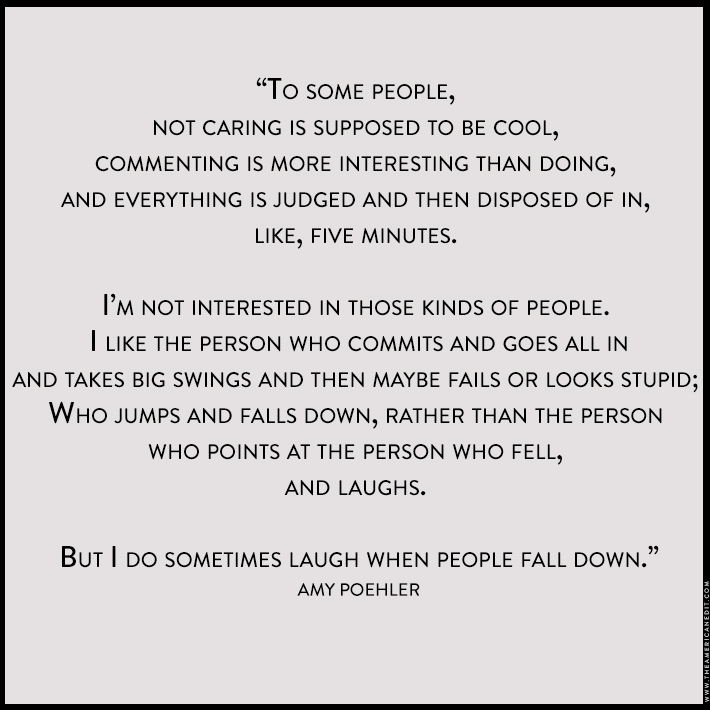Lately I’ve been thinking a lot about the idea of consumption karma. I’ve written before about the idea that you are what you wear… but I think it’s more than that. Maybe, you are what you consume. Or, how you consume is determined by the person you are. Maybe it’s a bit of both.
To live is to consume. We need air, we need shelter, we need food… we can’t survive without taking from our environment. But most of us consume mindlessly. Or thoughtfully in one way, but mindlessly in the others. Myself included – I started focusing on ethical food years ago, but it wasn’t until later that I started to really think more about ethical, responsible production in terms of apparel and my home. I stopped watching trashy television and reading celebrity magazines a long time ago primarily because these forms of entertainment made me feel bad about myself but also because I hated supporting people I really didn’t care about or want to support – but now I’m realizing what a terrible business these forms of mindless entertainment really are. And there are plenty of things that I consume that I’ve never even really thought about.
It’s overwhelming. I’d love to have a set of rules that defined exactly what to consume, but it’s just not that easy. But I’m starting to think that we don’t need a series of rules – maybe we just need to be thoughtful. To give a damn (a lot of damns). Maybe if we just think, “Is this too good to be true?” before we act, we could all be more mindful without the constant stress of learning everything about everything.
For example:
The notion of super cheap, disposable clothing? Too good to be true – there’s got to be waste somewhere, and likely terrible working conditions.
Fat-free/sugar-free/etc.-free food? Too good to be true – something must have been added in to offset whatever was taken out.
Celebrity “real life” photos? Too good to be true – watch Sellabrity or read this Huffpost article by Dax Shepard and Kristen Bell to get a better understanding of the mania created by the need to feel that celebrities are “just like us”.
Knock-offs? Too good to be true – when you get a well-known, potentially expensive item for less, designer infringement, potentially shady business dealings and poor working conditions are likely involved.
I think a lot of consumption apathy comes from the idea that it’s too hard to know what to buy and who to support – I know that this has been the case for me. Maybe by using “Is this too good to be true?” as a lens, by basically just saying that we give too many damns to be apathetic but that we also need a simplified filter, we can all consume better. And be better. And do better.
It’s worth a shot, right?
